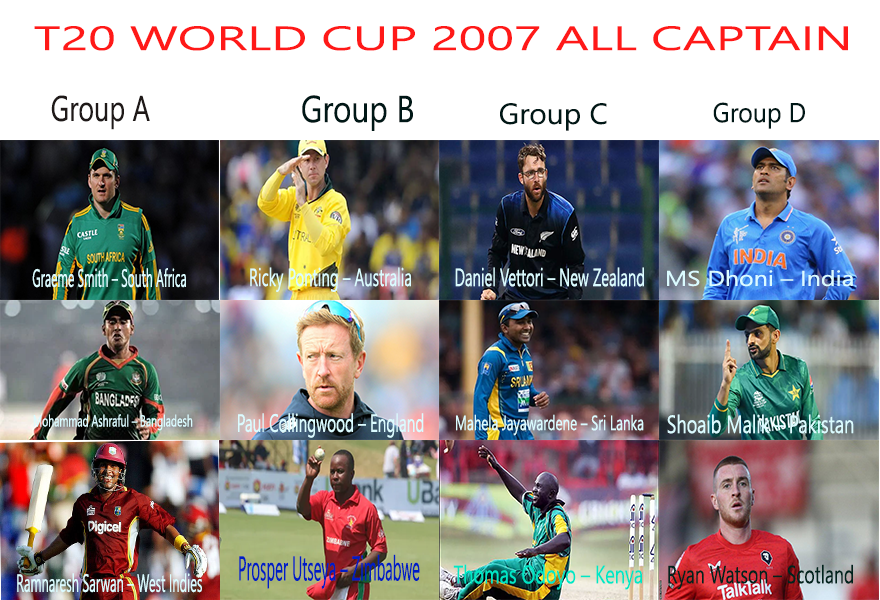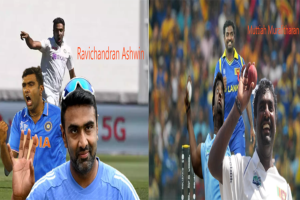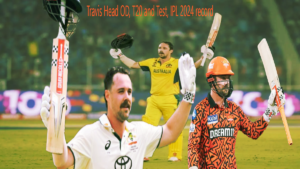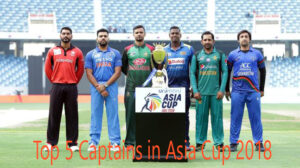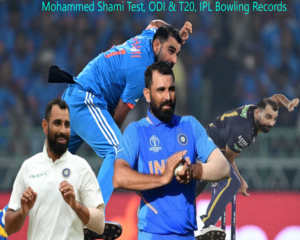T20I World Cup
T20I World Cup 2007: Iconic Captains Who Shaped Cricket’s First Thrilling Short-Format Tournament!
The ICC a T20I World Cup in 2007 was a match that was radical. Twenty-20 internationals (T20I), a new & thrilling cricket format, became available. The fast-paced, rewarding T20 cricket soon won over many fans. South Africa hosted the first World Cup, which was remembered for its exciting matches or, of course, its famous captains. Every captain contributed a unique element to their team. All of the 2007, T20I World Cup captains & their backstories will be examined in this blog.
Group A: South Africa, Bangladesh, and West Indies
Graeme Smith – South Africa
Graeme Smith led the host nation, South Africa. Smith had already made a name by playing in Test & One-Day the World. cricket & was known for his perseverance & leadership skills. It was a challenge and an opportunity for him to lead The protozoan in this new fashion. Even though they had a fantastic start to the season, South Africa failed to make it to the semifinals. However, Smith laid the foundation for South Africa’s later T20I World Cup cricket victories with his forceful demeanor and capacity to unite his side.
Mohammad Ashraful – Bangladesh
At the time, Mohammad Ashraful was among Bangladesh’s most gifted athletes. In this innovative new model, he was tasked with directing the team. Cricket fans will always remember the moment when Bangladesh defeated the West Indies at the qualifying stage under his leadership. Even though Ashraful’s leadership did not result in constant victory, it was admirable how he motivated his squad to perform better than they were capable of.
Ramnaresh Sarwan – West Indies
The West Indies’ captain to play in the 2007, T20I World Cup were Ramnaresh Sarwan. Sarwan was a fashionable batsman in the middle order who was renowned for his ability to secure a runs & his cool head. Sadly, the West Indies lost both of their group games, making their campaign unsatisfactory. Despite the early withdrawal, Sarwan’s leadership demonstrated his commitment to the match or professionalism.
Group B: Australia, England, and Zimbabwe
Ricky Ponting – Australia
In the very debut T20I World Cup, the Australian squad was coached by Ricky Ponting, among cricket’s most successful captains. Ponting was a tactical genius and a ferocious competitor. Australia, however, had a difficult tournament and was unable to go past the semifinals. Nevertheless, Ponting’s leadership and ability to remain calm under duress were clear throughout the tournament.
Paul Collingwood – England
England’s T20 World Cup captain was Paul Collingwood. Collingwood, who is renowned for his work ethic and versatility, accepted the task of captaining England in this frantic format. Despite England’s patchy play, Collingwood’s affection and affection for his squad were always evident.
Prosper Utseya – Zimbabwe
The talented Zimbabwean off-spinner Prosper Utseya passionately led his squad as ‘T20I World Cup’ captain. Zimbabwe defeated Australia at their group round, pulling off some of the tournament’s biggest upsets. Even if the squad didn’t advance further, they were still enjoyable to watch because of Utseya’s composed leadership & their fight.
Group C: New Zealand, Sri Lanka, and Kenya
Daniel Vettori – New Zealand
Daniel Vettori, a trusted left-arm spinner from New Zealand, was well known for his poise and cricketing knowledge. Vettori shown his tactical skill by leading the Black Capitals at the T20 World Cup. He demonstrated New Zealand’s flexibility & dependability in the new system by leading them to the semi-finals. “no follow”
Mahela Jayawardene – Sri Lanka
Leading Sri Lanka in the competition was Mahela Jayawardene, who was among the most graceful batters of his era. He led his squad to the Super 8 stage & T20 World Cup because of his strategic thinking & composed manner. Jayawardene’s leadership and batting prowess made an impression, even if Sri Lanka didn’t advance.
Thomas Odoyo – Kenya
Kenya’s captain for the World Cup of T20 cricket was Thomas Odoyo, a seasoned all-round player. Odoyo’s dedication and hard work were clear, even though Kenya faced fierce competition and was unable to go past the group stage. Under his direction, Kenya was able to acquire important international cricket experience.
Group D: India, Pakistan, and Scotland
MS Dhoni – India
In this event, MS Dhoni, who would later go on become regarded as one of cricket’s best captains, made his debut as skipper. In the first T20 World Cup, Dhoni guided a youthful Indian team into victory with his cool head & keen cricketing intellect. In an exciting final, he led India to victory over bitter rivals Pakistan. India’s supremacy in T20 cricket was established by Dhoni’s creative leadership along with his ability for handling pressure.
Shoaib Malik – Pakistan
Pakistan’s captain during the 2007 Twenty-20 World Cup was Shoaib Malik. Under He’s leadership, Pakistan advanced to the final and barely lost to India. Malik is a skilled all-round player. Despite the heartache, Malik gained the respect of both teammates and supporters for his ability to motivate his group & lead from the front.
Ryan Watson – Scotland
Scotland’s captain, ‘T20 World Cup’ Ryan Watson, infused his team with passion and experience. Despite Scotland’s struggles in the tournament against formidable opponents such India and Pakistan, Watson’s leadership gave his team important international recognition.
Conclusion
That 2007, ICC T20I World Cup had to do with welcoming the next stage of cricket, not simply about playing the game. The captains’ tales enhanced the tournament’s allure & were crucial in determining the paths taken by their teams. Each captain added their own flair to the game, from Prosper Utseya’s underdog victories to MS Dhoni’s calm leadership.
These pioneers contributed to the development of T20 cricket as a vibrant & exciting game that still enthralls spectators everywhere. Their efforts serve as a reminder that cricket inspires and entertains millions of people worldwide in addition to being a sport about winning.
T20I World Cup 2007: Iconic Captains Who Shaped Cricket’s First Thrilling Short-Format Tournament!
